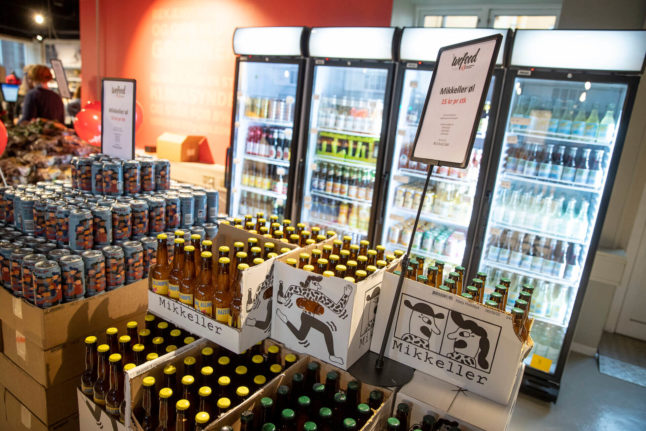An agreement has been reached for Carlsberg to buy a 20 percent stake in Mikkeller, the company said in a statement on Tuesday.
The partnership will allow Mikkeller’s beer to reach far more customers than it does currently, the craft beer specialist said in the statement.
Founded in 2006 by former maths teacher Mikkel Bjergsø, the Mikkeller brand has become a highly recognisable and valuable one in Denmark with distinctive packaging, scores of trendy looking bars in Copenhagen and other Danish cities, and a strong international profile.
The company is currently present in more than 40 markets and has bars in cities including Tokyo, London and Berlin.
“When I dedicated myself to brewing beer almost 20 years ago, it was with big gestures and an ambition to give far more people access to high-quality beer,” Mikkeller CEO Bjergsø said in the statement.
“We have offered our customers quality beer for many years but have lacked well-established sales channels,” he said.
Bjergsø will retain a majority of shares in his company and will also continue as CEO, the statement confirmed.
Carlsberg cited Mikkeller’s strong brand in its statement on the minority stake acquisition.
“We have an exciting portfolio of craft beers, and this partnership gives us the opportunity to offer customers and consumers even more unique variants within the category,” CEO of Carlsberg Denmark Peter Haahr Nielsen said.
“We have an interest in Mikkeller retaining its very special character, while we can contribute to the growth of the brand with our distribution muscle,” he said.
The operation of Mikkeller’s bars and restaurants, both in Denmark and overseas, is unaffected by the deal, which will take affect in late 2024.



 Please whitelist us to continue reading.
Please whitelist us to continue reading.
Member comments